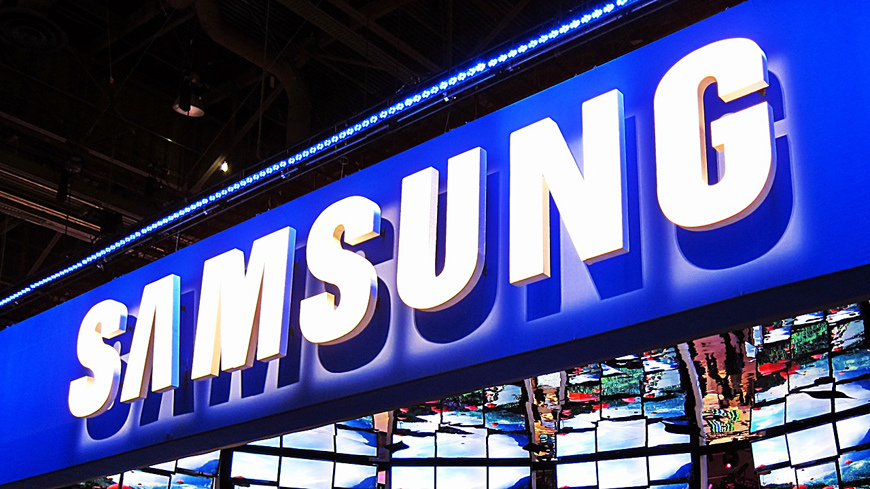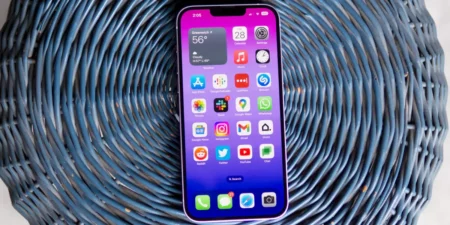 Recently, we reported to you that Samsung has been accused of cheating when it comes to benchmark results for devices. It’s not just Samsung that has been cheating. Other Android smartphone vendors have been found to also boost their benchmark results through sneaky tactics. The only two companies that have stayed clear are Apple and Motorola.
Recently, we reported to you that Samsung has been accused of cheating when it comes to benchmark results for devices. It’s not just Samsung that has been cheating. Other Android smartphone vendors have been found to also boost their benchmark results through sneaky tactics. The only two companies that have stayed clear are Apple and Motorola.
Since then, Samsung has taken a lot of heat for using such tactics. The company has spoken back to everyone in a statement (via CNET), is a bit strange though:
The Galaxy Note 3 maximises its CPU/GPU frequencies when running features that demand substantial performance. This was not an attempt to exaggerate particular benchmarking results. We remain committed to providing our customers with the best possible user experience.
What Samsung here is trying to say is that benchmarking tests require the highest workload from the processor. Bringing the top level performance to be shown on benchmarks, which is what the Galaxy Note 3 did, as seen in the previous report.
This is a valid argument to use against the accusations, but when you look at how the process of bringing top level performance is initiated is something that’s cannot be easily looked over. Samsung and other companies are actively targeting specific benchmarking apps and modifying processor behavior when those apps are running. Simply put it, the companies want to look their best when the devices are put to the test. While this isn’t a bad thing and the Note 3 is by no means a slouch, but the way Samsung and other companies are doing things isn’t very ethical.
What do you think?




